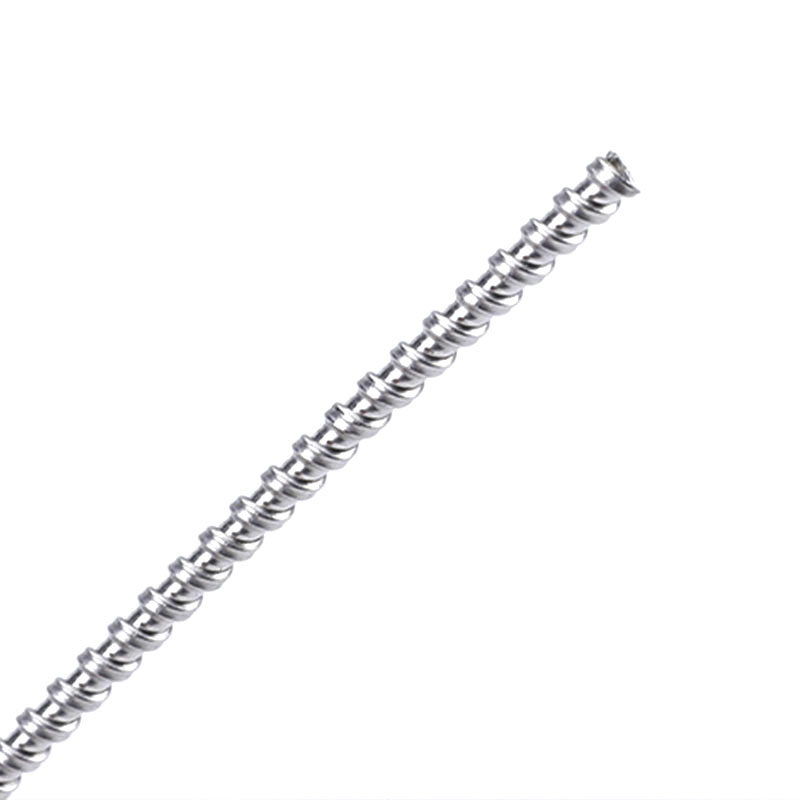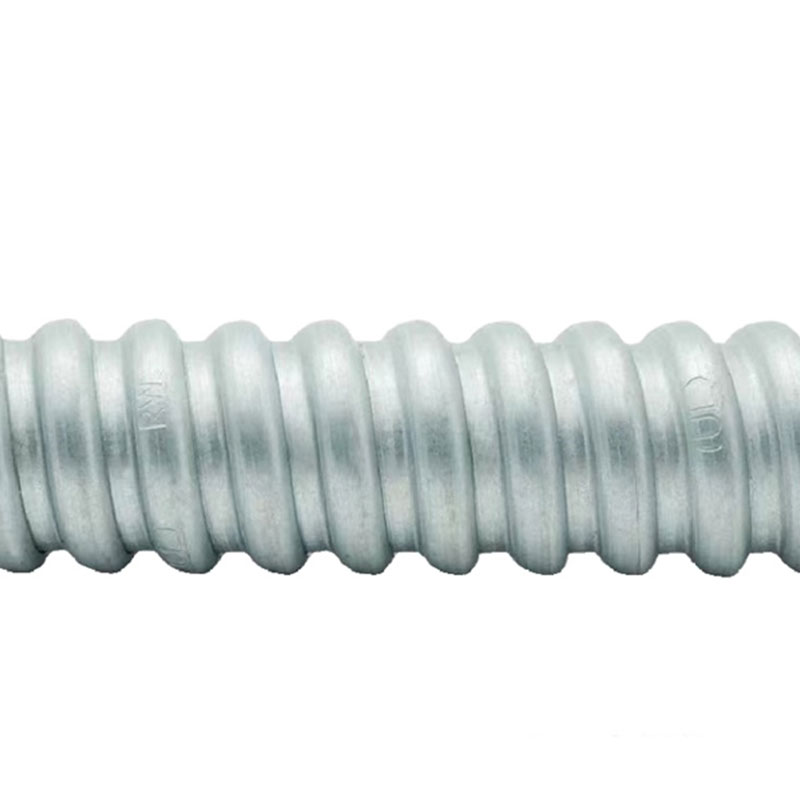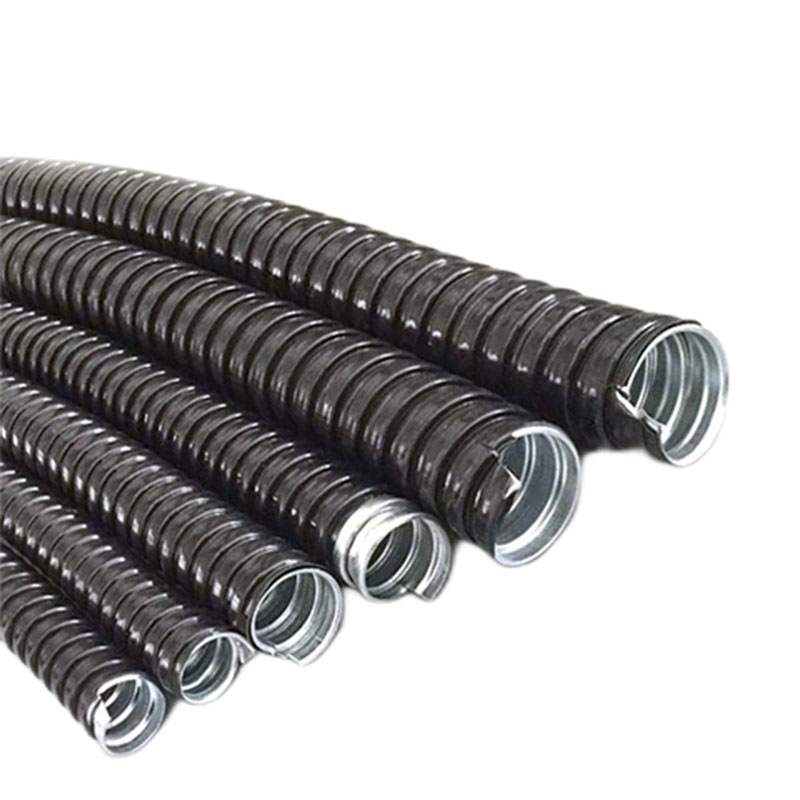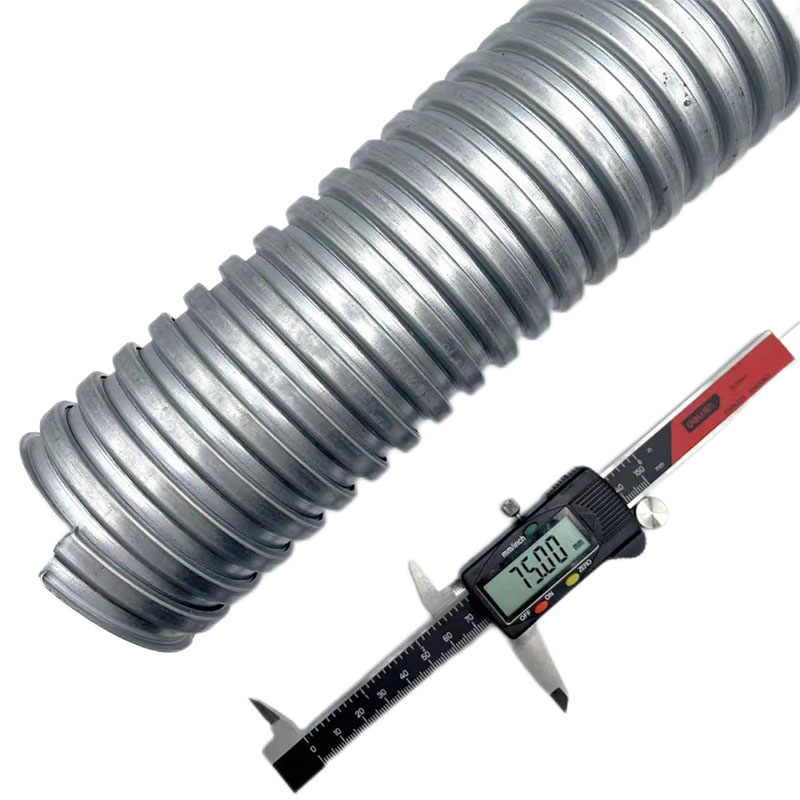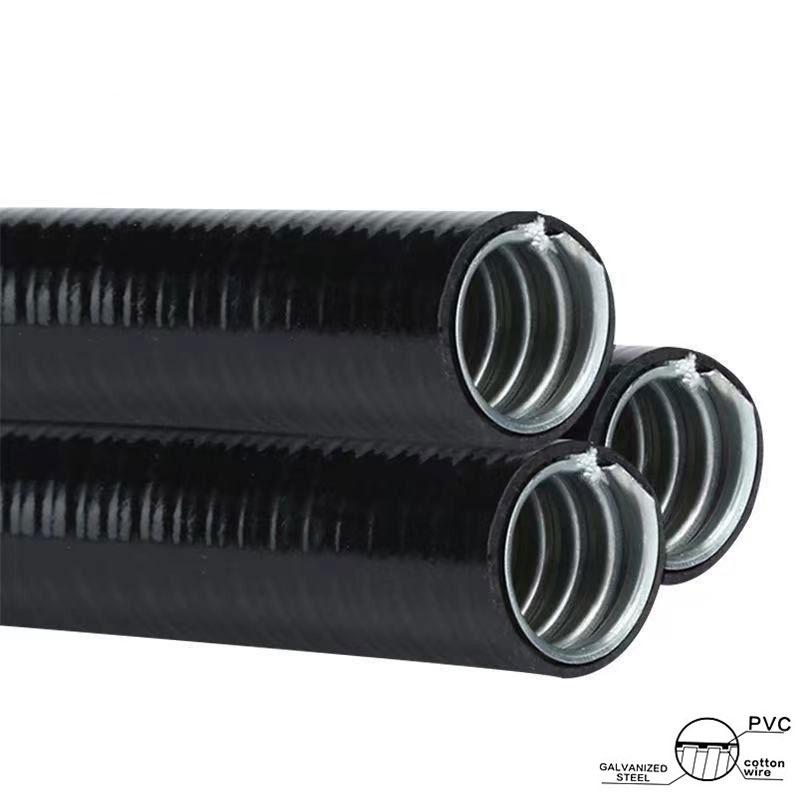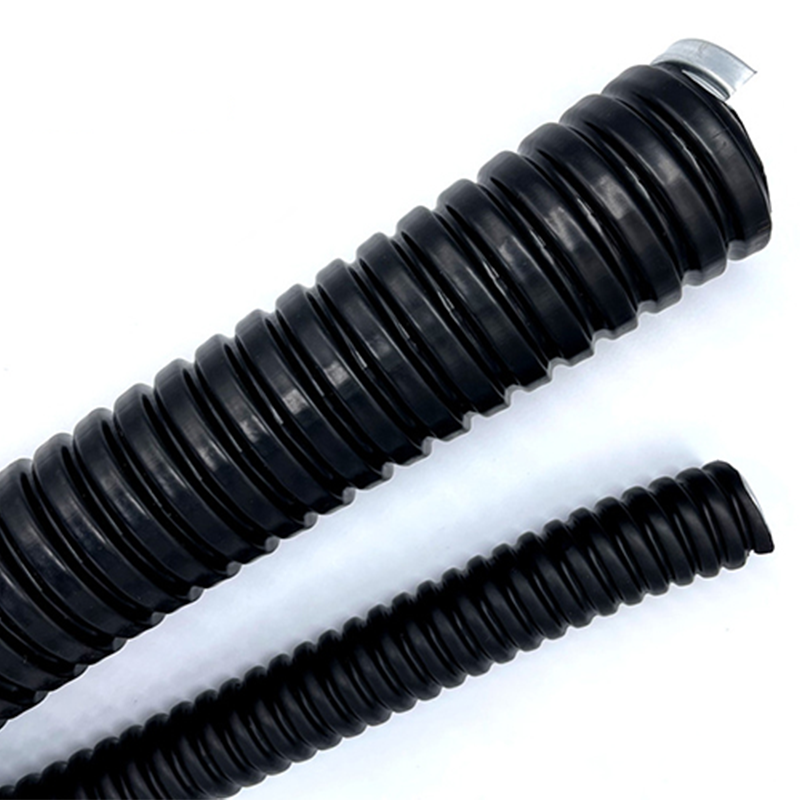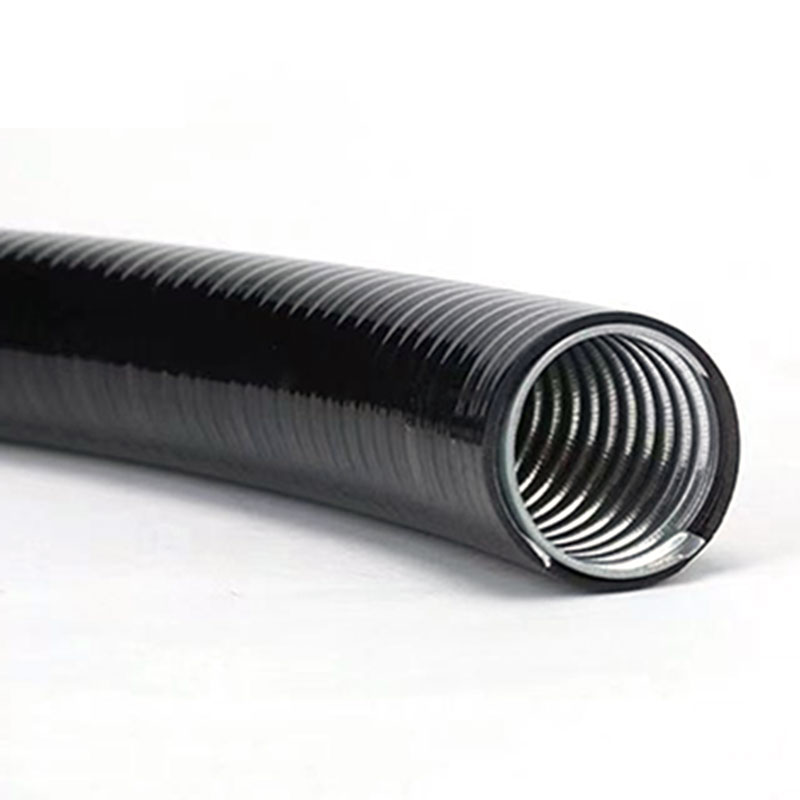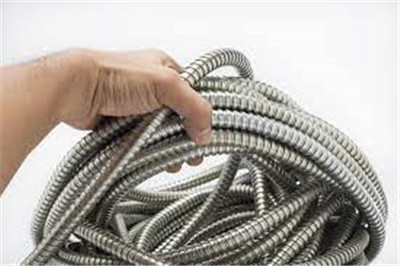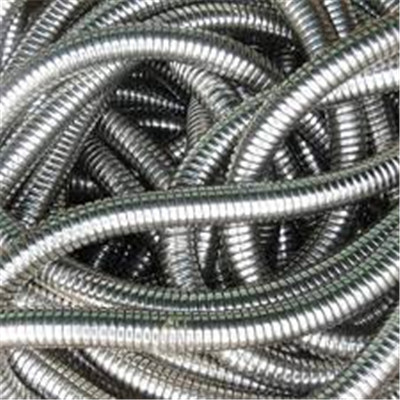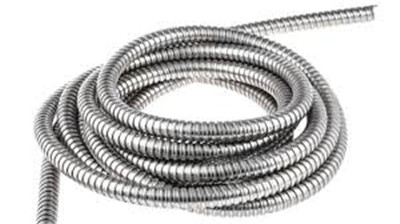We are specialized in manufacturing all kinds of metal conduit,
Hangzhou Fanyumeier Trading Co., Ltd
Application guide for flexible steel conduit
Application guide for flexible steel conduit
Flexible steel conduit is a type of electrical conduit that is made from a flexible metal tube. It is commonly used in applications where there is a need for protection against vibration or movement, such as in automotive wiring applications.
When selecting flexible steel conduit, it is important to consider the application and the environment in which it will be used. For example, some types of flexible steel conduit are more resistant to crushing and kinking than others. Additionally, the size and length of the conduit must be considered to ensure that it will fit in the intended space.
Once you have selected the appropriate type of flexible steel conduit, you will need to install it properly to ensure that it functions as intended. This process typically involves attaching the conduit to an anchoring point using clamps or straps. It is also important to seal any openings in the conduit to prevent moisture or other contaminants from entering.
Flexible conduit is a great option for running electrical wiring in your home. It’s easy to work with and can be routed around obstacles. But before you start your project, there are a few things you need to know about flexible conduit.
Various sizes of flexible steel conduit
Flexible steel conduit comes in a variety of sizes to meet the needs of different applications. The most common sizes are 3/8", 1/2", 3/4" and 1". The size of the conduit is determined by the diameter of the pipe that it contains.
3/8" flexible steel conduit is typically used for low voltage applications such as data and telecommunications. It is also sometimes used for electrical wiring in homes.
1/2" flexible steel conduit is the most common size used for general purpose applications such as electrical wiring in homes and office buildings. It can also be used for data and telecommunications.
3/4" flexible steel conduit is typically used for high voltage applications such as power distribution. It can also be used for data and telecommunications.
1" flexible steel conduit is typically used for very high voltage applications such as power distribution.
Flexible steel conduit is available in various sizes to accommodate different applications. The most common sizes are 3/4 inch, 1 inch, 1-1/4 inch, and 1-1/2 inch. Flexible steel conduit is also available in 2 inch and 2-1/2 inch sizes.
Precautions for flexible steel conduit
Here are some tips on how to take care of your flexible steel conduit:
- Don’t over-bend or kink the conduit. This can damage the internal wiring.
- When installing the conduit, be sure to leave enough slack so that it can accommodate future movement without being stretched too tight.
- Inspect the conduit regularly for signs of wear and tear, and replace it if necessary.
Precautions for flexible steel conduit installation:
- Do not overtighten clamps or fittings. Overtightening can damage the conduit or fittings and cause leaks.
- Use caution when working with sharp tools near the conduit. Damaging the conduit can create holes that allow water and other liquids to enter and cause corrosion.
- Make sure to use the correct size of clamp or fitting for the conduit being used. Using too small of a clamp can cause the conduit to become loose over time and create leaks.















